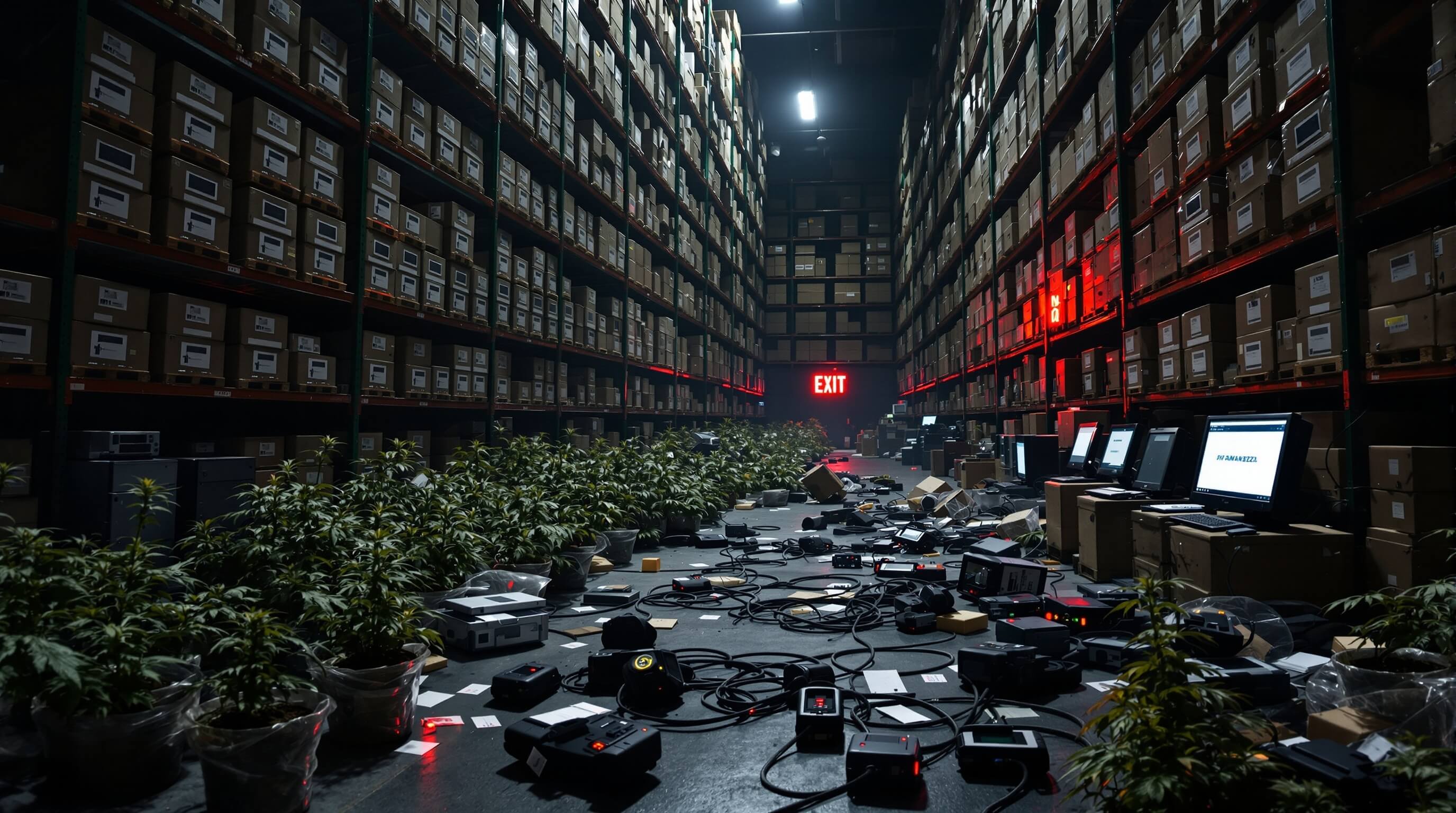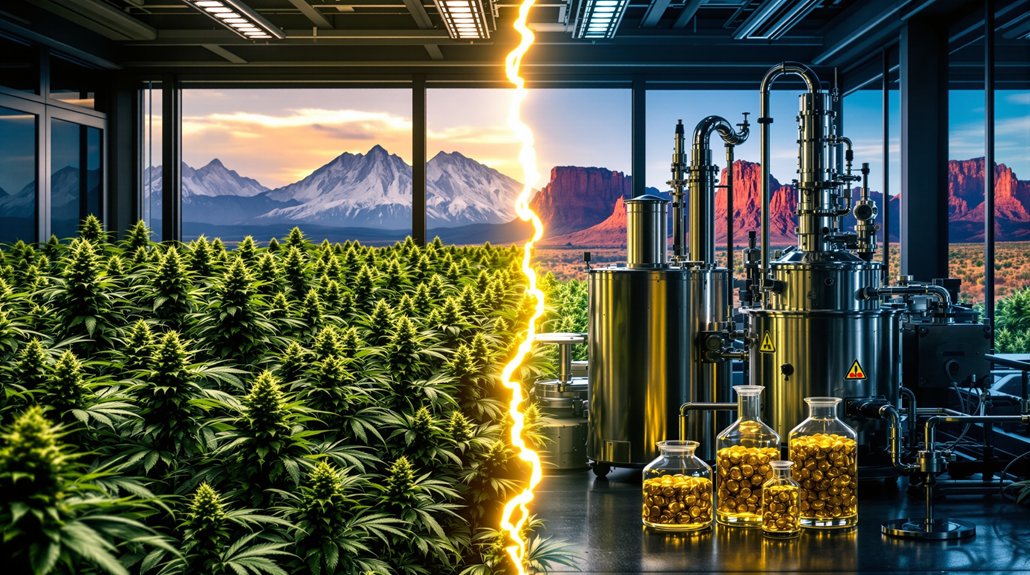After months of anticipation, New Jersey has officially entered the cannabis lounge era. The Cannabis Regulatory Commission approved four consumption lounges on July 15, 2025, marking what Chairwoman Dianna Houenou called a “major milestone” in advancing safe-use infrastructure. These aren’t just any dispensaries getting the green light, each represents a carefully orchestrated effort to diversify an industry historically lacking representation.
The approved locations span from Atlantic City’s boardwalk scene to Newark’s urban landscape. High Rollers Dispensary and SunnyTien Dispensary claimed Atlantic City spots, while Gynsyng secured Merchantville and URB’N Dispensary landed in Newark. All four operators share one significant distinction: they’re classified as diversely owned businesses, meaning minority, woman, or disabled veteran ownership drives their operations.
New Jersey’s first four cannabis lounges prioritize diversity, spanning from Atlantic City’s boardwalk to Newark’s streets under minority and veteran ownership.
This approval didn’t happen overnight or randomly. The CRC structured three distinct application rounds, starting with social equity applicants from economically disadvantaged areas, followed by diversely owned businesses and microbusinesses, then opening to all licensees. The process deliberately prioritized historically disadvantaged communities—a strategic move to address past disparities in cannabis industry participation. This initiative aligns with national trends showing young women outpacing men in cannabis consumption across many demographics.
Getting lounge approval requires managing both paperwork and payment structures. Operators pay a modest $200 application fee, followed by an $800 approval fee if successful. Annual regulatory fees hit $5,000 for standard dispensaries, though microbusinesses catch a break at $1,000. Any Class 5 retailer or medicinal cannabis permit holder became eligible starting July 2, 2025. This framework emerged 15 months after the Cannabis Regulatory Commission first established operational guidelines for consumption spaces.
The lounges themselves operate under strict parameters that mirror alcohol-serving establishments. Patrons aged 21 and up can consume cannabis indoors or in partially enclosed outdoor spaces, provided ventilation plans meet approval standards. However, don’t expect dinner service—on-site food sales remain prohibited, though patrons can bring meals or order delivery subject to local guidelines.
Security and compliance requirements keep operators on their toes. Cannabis consumption stays strictly on-premises within designated areas, with zero tolerance for taking open containers offsite. Lounges must dispose of leftover cannabis onsite and maintain secure, well-managed facilities under ongoing regulatory oversight. Each location features ongoing security and surveillance measures to ensure compliance with state regulations.
Before opening doors, each approved retailer faces final site inspections—the last hurdle before launching New Jersey’s newest cannabis consumption chapter. These lounges represent more than just places to legally consume cannabis; they symbolize the state’s commitment to creating inclusive opportunities while establishing controlled, safe environments for adult recreational use. The industry’s next phase officially begins once those inspection boxes get checked.










